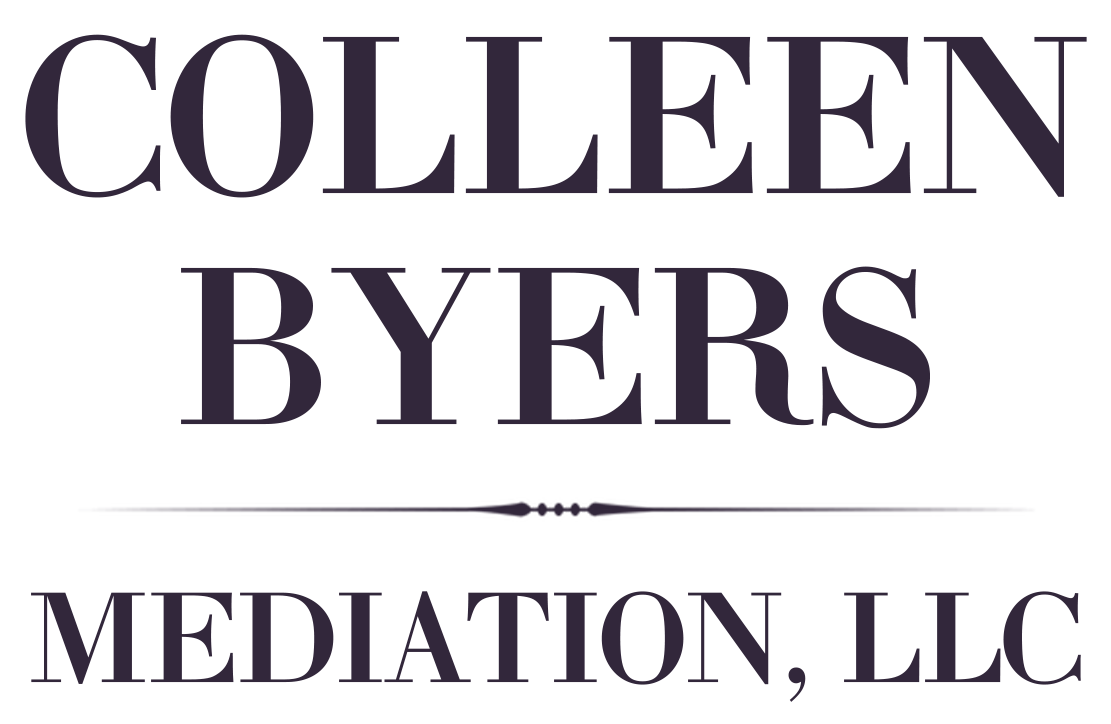Although other rules were also changed, the changes to Rule 4 of the North Carolina Mediation Rules (MSC, FFS, and Clerk), as of May 1, 2023, have been what many mediators and lawyers alike have been anxiously awaiting. As of May 1, 2023, mediation conducted by remote technology is no longer the default method. Instead, the method for mediation depends on the mediator and the parties in each case. Here is a step-by-step guide to the analysis:
Step 1
Mediators may indicate on their North Carolina Dispute Resolution Commission (the “DRC”) mediator profile whether they will mediate in-person only, via remote technology only, or by any method.
Step 2
The parties and the mediator in each case may determine the method of the mediation.
Step 3
If the parties, the lawyers, and the mediator cannot agree in Step 2, then the method of mediation will default to the method indicated in the mediator’s profile with the DRC.
Step 4
If the mediator did not make any designation in their DRC profile or if the mediator designated “any method,” then the mediation will default to in-person.
Step 5
Any party, upon notice to all parties and the mediator, may file a motion with the Court to determine the method by which the mediation will be conducted.
These recent changes to the North Carolina Mediation Rules allow for flexibility to address the unique circumstances and preferences of each case. A full text of all the amendments to the North Carolina Mediation Standards of Professional Conduct and Rules can be found here.






